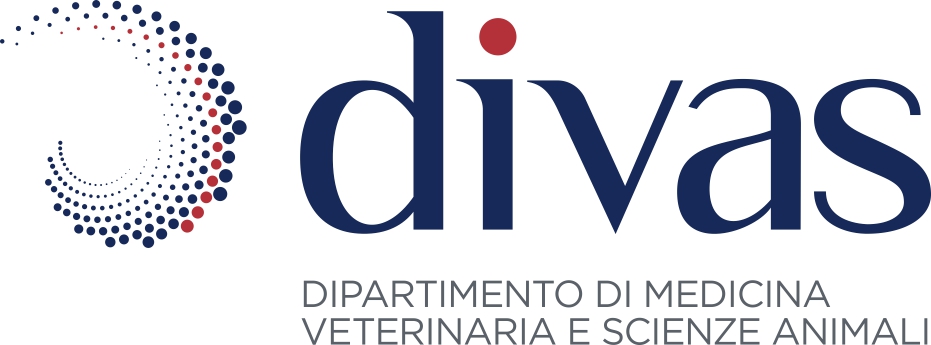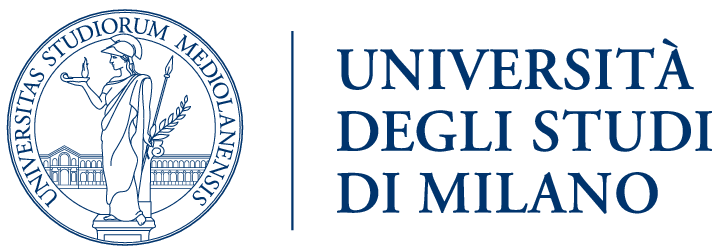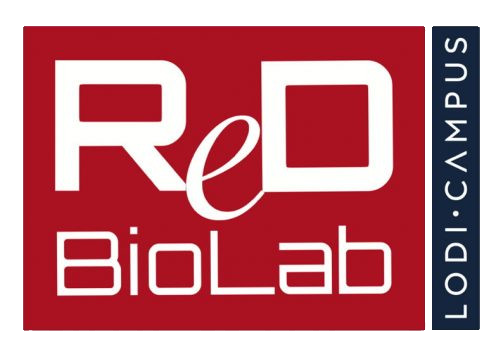Call for a PhD position: Reproductive and Developmental Biology Laboratory (ReDBioLab) available at Veterinary and Animal Science Doctorate Course, University of Milan.
Deadline for application: November 8, 2021
Information on the application procedure can be found at:
Check out here below the research topic and contact us for further information: alberto.luciano@unimi.it and valentina.lodde@unimi.it
Research topic:
The development of the modern animal husbandry determined the worldwide affirmation of few highly productive breeds, called cosmopolitan, at the expense of less specialized and more rustic varieties. Although the breeding of cosmopolitan breeds has led to significant economic advantages, it substantially impoverished the genetic heritage of the bovine species, with different native breeds that are now considered extinct, at risk of extinction or genetic erosion.
Traditionally, the safeguarding of genetic resources at risk of extinction can be implemented through animal conservation strategies or ex-situ conservation, which also includes using biobanks, as suggested by FAO in the case of populations classified as ‘Vulnerable’ or ‘endangered’.
While the continuous availability of male gametes during adult life and the standardization of freezing protocols have made the cryopreservation of bovine semen an efficient practice, the intrinsic scarcity of female gametes suitable for cryopreservation and embryo production has strongly limited the application of strategies dedicated to the preservation of female germplasm. Starting from these assumptions – and in line with the cluster 6 ‘Food, Bioeconomy Natural Resources, Agriculture and Environment’ by Horizon Europe, which explicit reference to the European Green Deal Strategies – this project aims to develop innovative technologies based on a thorough basic knowledge of female biology that allows improving the conservation of maternal germplasm, to preserve biodiversity and maternal legacy of native bovine breeds at risk of extinction.
In a broader sense, this approach represents a paradigm through which operate strategies to rescue the maternal inheritance starting from the techniques consolidated in the bovine species extended to other mammals, domestic and wild, threatened by extinction and genetic erosion. The proposed project is in line with the principles adopted with the new EU Biodiversity Strategy for 2030 and an associated Action Plan – a comprehensive, ambitious, long-term plan for protecting nature and reversing the degradation of ecosystems. It aims to put Europe’s biodiversity on a path to recovery by 2030 with benefits for people, the climate, and the planet.
The research will be conducted at the ReDBioLab laboratories and also at Avantea research Lab (https://www.avantea.it/en/)



